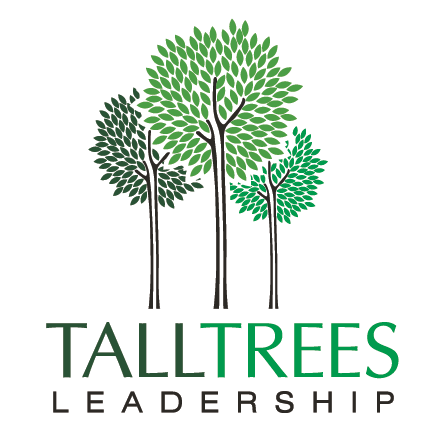
The Power of Social Learning
How Human-to-Human Sharing Increases the Stickiness of Learning
A well known and respected philosophy of adult learning theory is that any learning we do is so much more sticky when we involve other people. What we mean is that you’ll remember a lot more and have a higher likelihood of doing things differently (better) when you share with, talk to, ask, coach, be coached, mentor, be mentored ...with another human. It’s the power of social learning.
The theory is known as 70/20/10, which purports that individuals tend to learn 70% of their knowledge from challenging experiences and assignments (on-the-job; real practice), 20% from developmental relationships, and 10% from coursework and training.
We’re not saying that coursework and training isn’t effective. Though it’s seen as contributing just 10% to a leader’s development, well-designed coursework and leadership training programs clarify, support, and boost the other 90% of learning.
The specific numbers don’t matter; it’s the relativity between them. Want to learn something? Sure, take a course or read an article. Want to make it stick twice as much? Share, discuss, debate it with someone. Want to start behaving differently? Take what you read or learned and try it out on the job.
We’ll dive deeper into the 70 another time; today’s discussion about the 20. Did you know that by talking with another person about what you’ve learned (or anything, really), helps you form your perspective on the topic? It also provides different perspectives by asking others to share their own thoughts and experiences.
Not sure where to start? Here are some easy ways to incorporate social learning into your team:
- Share an article, blog, or other piece of learning with your team, and then facilitate a discussion about what they think and how it applies to your work as a team.
- When someone on your team attends a meeting, session, or course outside of the team, ask them to come back and share what they learned, then facilitate (or have them facilitate) a discussion with the rest of the team.
- Encourage mentoring relationships; these don’t have to be elaborate or even formal, and they can be highly powerful in an individual’s development. Suggest your team reach out to someone they view as having knowledge and experience they want, and ask them for an informal conversation (people love to talk about themselves). Or offer your own teammates as mentors to each other or to others outside of your team. We all have knowledge, experience, and wisdom to share.
- If you have the means, consider offering formal coaching relationships; coaching can be one of the most impactful development practices a person can have. See more about coaching here. RNs and NPs may be eligible to receive funding from ARNET to cover coaching fees.
Magic happens when learning incorporates all parts of the 70/20/10 model. We created TallTrees Leadership to provide opportunities to those in the healthcare industry to participate in all three. Specifically, we designed our Team Development offerings, Leadership Lounge, and Leadership Between The Lines to help incorporate social learning into your learning journey.
For the theory behind the theory, here is a great resource: https://www.ccl.org/articles/leading-effectively-articles/70-20-10-rule/
